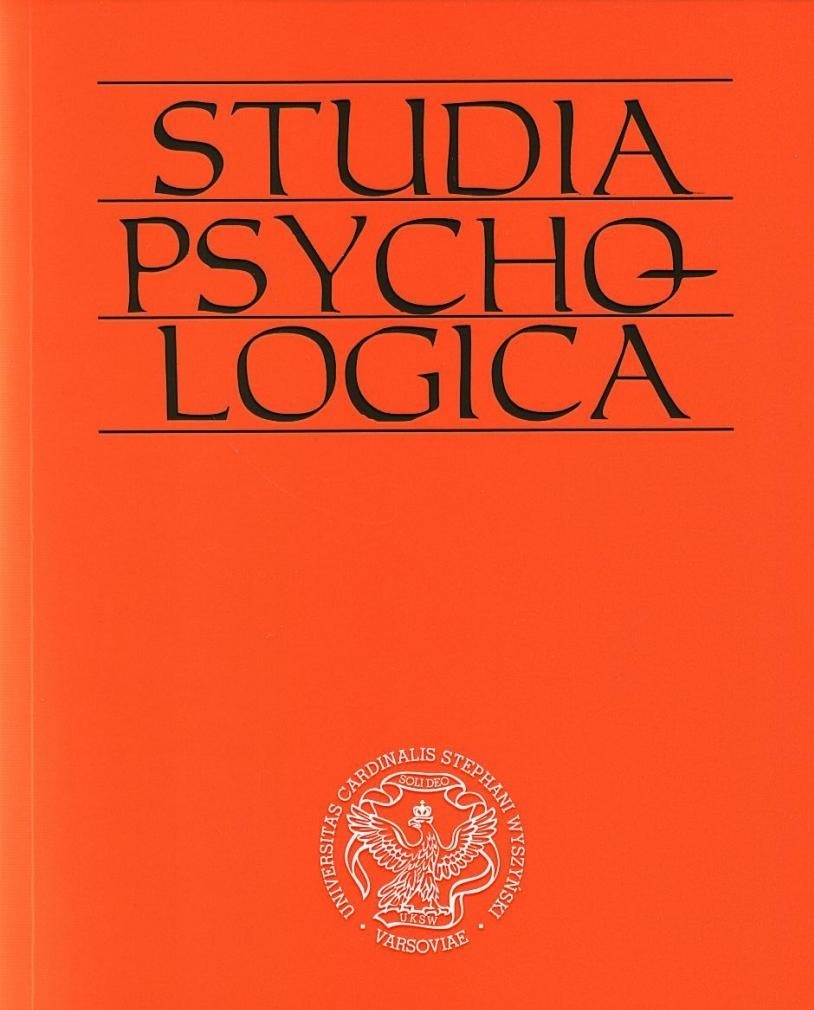
We kindly inform you that, as long as the subject affiliation of our 300.000+ articles is in progress, you might get unsufficient or no results on your third level or second level search. In this case, please broaden your search criteria.

In order to commemorate Kraepelin’s 160th birthdate and the 130th year from his first professorship, a conference “Emil Kraepelin 160/130” was held in the same Aula of the University of Tartu where 130 years earlier Kraepelin expressed his views about the relationship between psychiatric illnesses and brain functions. This special issue is composed of talks that were held at the conference. However, papers presented in this special issue are in most cases much more elaborated versions of the presented talks. In this introductory article, we remember some basic facts about Emil Kraepelin’s life and the impact he made in various areas, not only in psychiatry. We also try to create a context into which papers presented in this special issue of Trames can be placed.
More...
In his inaugural lecture delivered at the University of Dorpat in 1886, the German psychiatrist Emil Kraepelin presented one of the most concise accounts of the state of psychiatric research in the late nineteenth century. In his lecture, Kraepelin criticized the patho-anatomic research of contemporary neuropsychiatrists and argued that psychiatric research needed to be augmented by a new emphasis on experimental psychology. This article explores the historical contexts that informed Kraepelin’s research agenda in experimental psychology. It argues that Kraepelin’s early experimental research in Dorpat served as a catalyst for his later clinical research in Heidelberg in the sense that it evoked recognition of the importance of disease course and prompted him to expand the breadth of available information about patients beyond what laboratory research could provide. Kraepelin’s experimental research can therefore neither be dismissed entirely, nor posited as the wellspring of his nosology, but needs instead to be viewed as a crucial tool of accurate diagnostic practice.
More...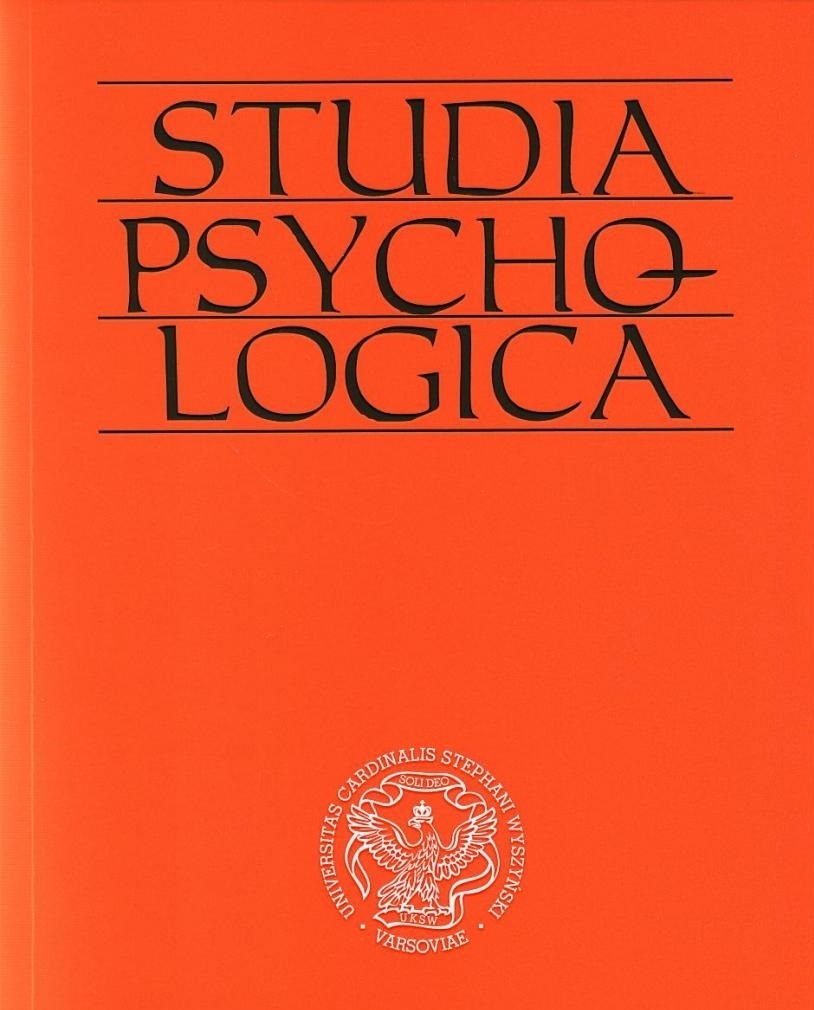
At the turn of 19th and 20th century Frances Baumgarten’s empirical research was one of the positive influences in the development of psychology, otherwise clearly hampered by political barriers and ideological influences. It was particularly important for the development of psychological terminology in each of the emerging new countries. Frances Baumgarten’s research, which was done in 1914 and published in several publications in Polish 13 years later, shows one of the more interesting and particularly valuable examples of the development of empirical research methodology and is the evidence of high development and specialization of Polish psychological language.
More...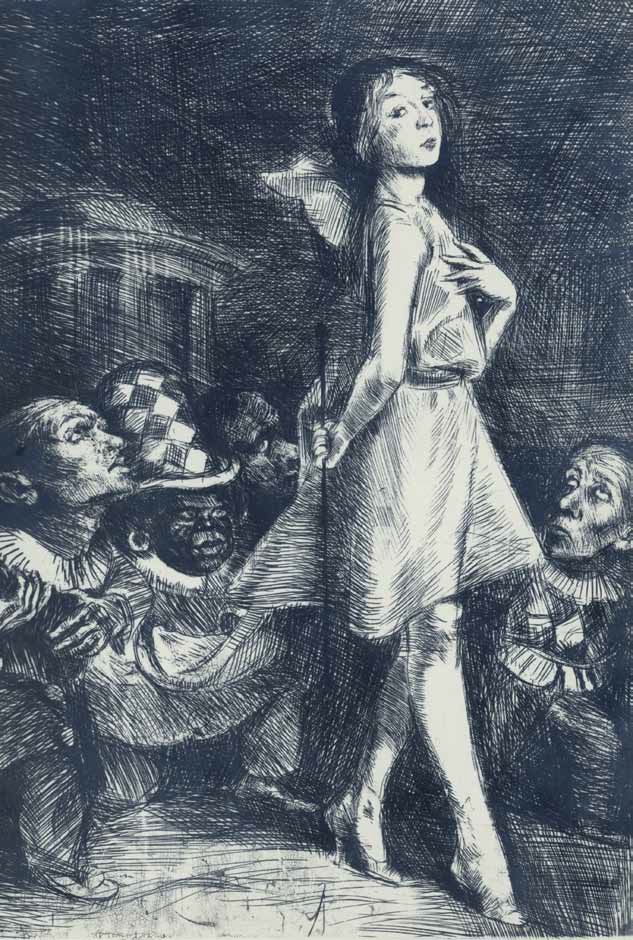
First polish translation of Julia Kristeva's short essay on masochism.
More...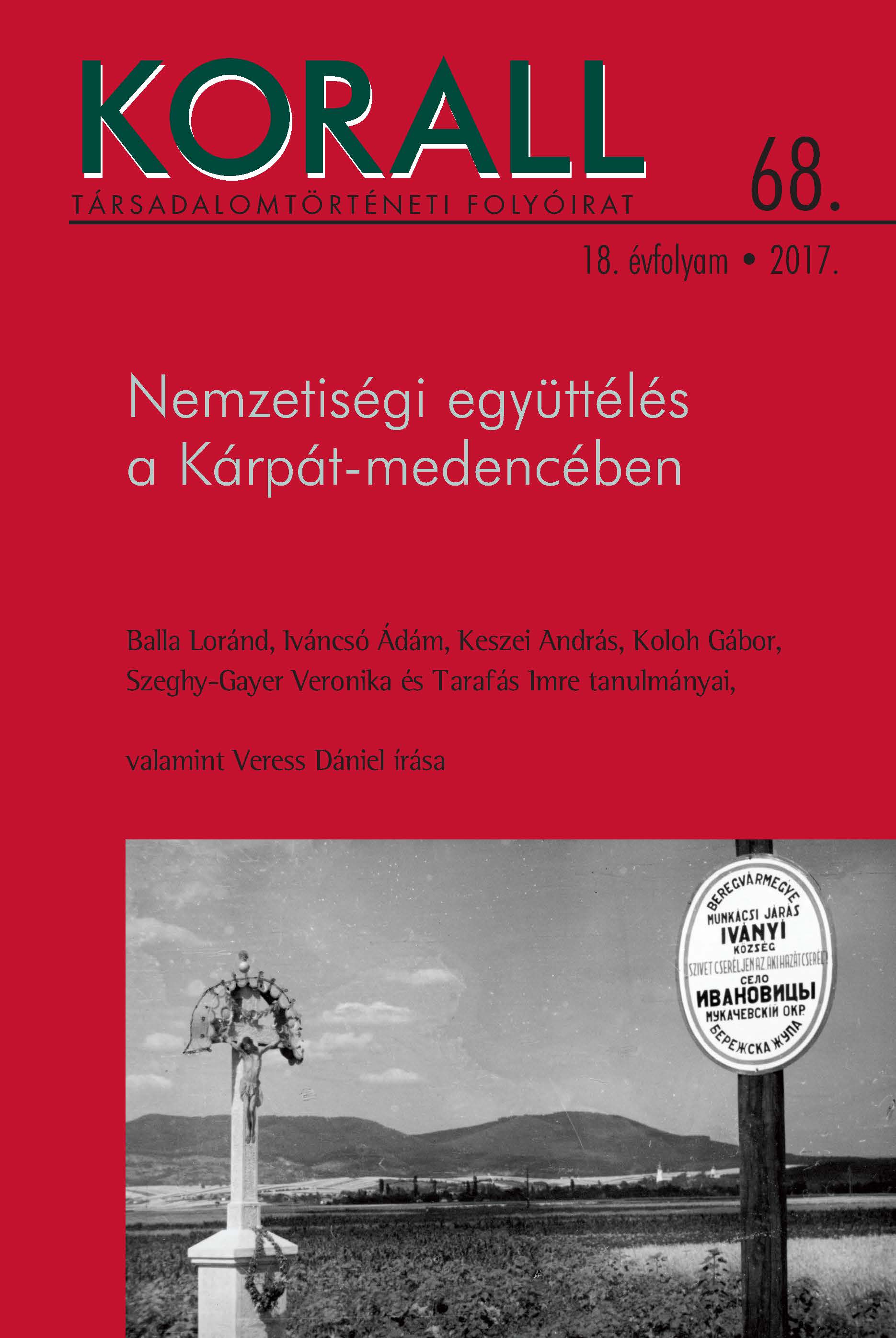
Andrew Scull: A hisztéria felkavaró története. Holnap Kiadó, Budapest, 2013. 190 oldal.
More...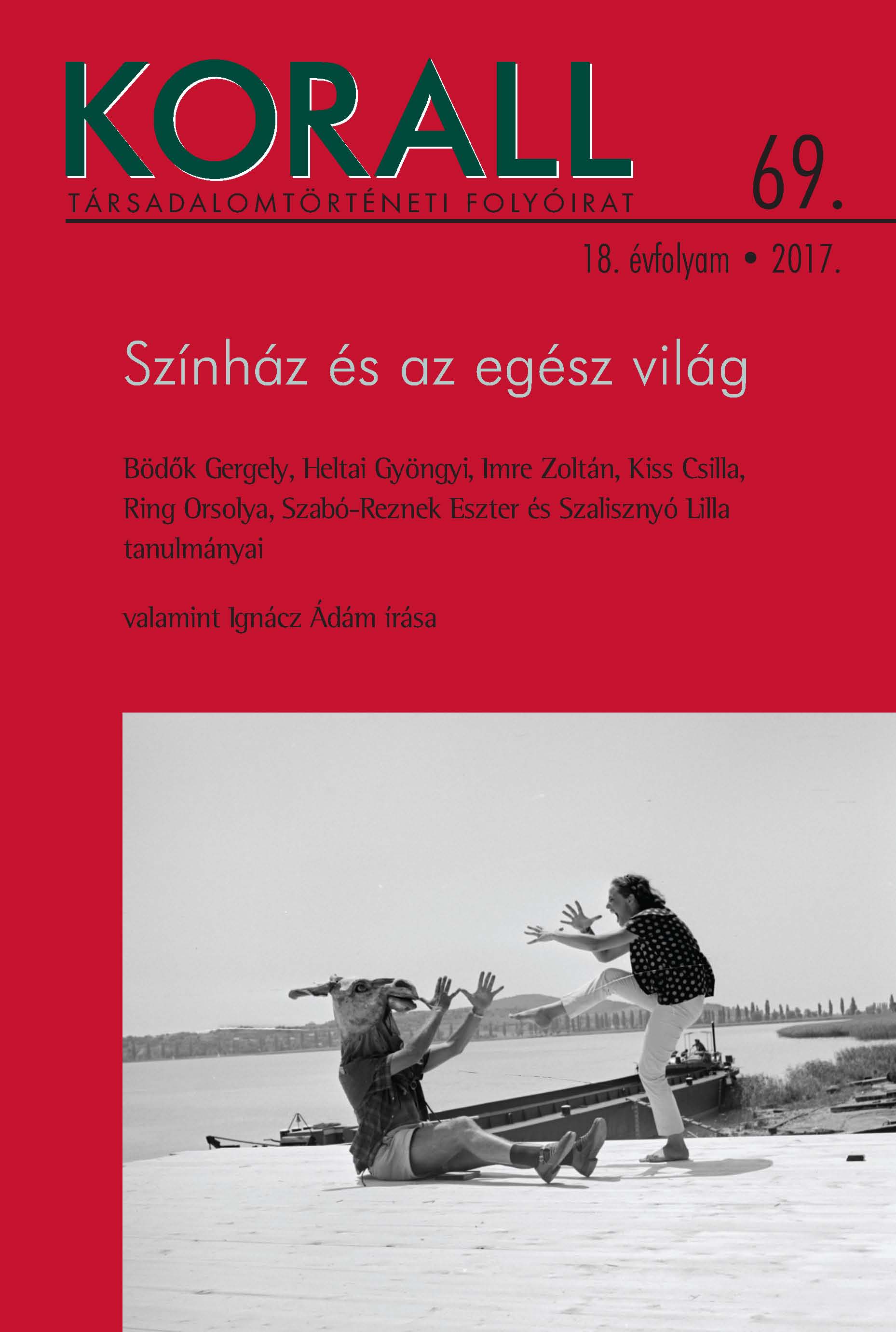
Kőváry Zoltán: Pszichobiográfia. Történet, elmélet, módszertan és alkalmazás. Oriold, Budapest, 2014. 260 oldal
More...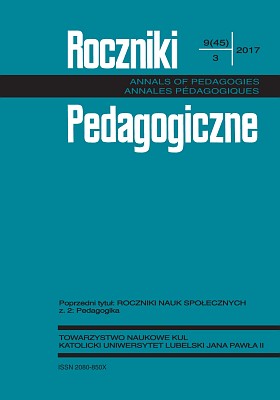
Interest in the prenatal period of human life in psychology began about a hundred years ago, but as a separate area of knowledge called prenatal psychology it was isolated in the 1970s. The article points these differences in the following areas: the causes and the inspiration for the emergence and development of prenatal psychology; the “father” of prenatal psychology, who made a significant contribution to inspiring the interest in the human prenatal development; publications that were important for the development of prenatal psychology publications; understanding prenatal psychology as a psychology of human development or a separate interdisciplinary subfield of psychology; the organizational status of prenatal psychology; recipients of publications in the field of prenatal psychology; the dominant paradigms and issues in research; prenatal psychology as a field of study and an element of teaching at colleges and universities; application of knowledge in the field of prenatal psychology; application of knowledge in the field of prenatal psychology in arguments for defending the right to life from conception.
More...
The “contextualizing” and “internationalizing” of the history of psychology is an ongoing project, however, Central Europe, as a coherent perspective, and the history of Hungarian psychology specifically, is acutely missing in current surveys of international psychology, and more broadly, in “western consciousness”. This paper is an attempt at presenting a comprehensive, socially and politically contextualized framework of the history of Hungarian psychology, from its beginnings until the fall of communism. The paper situates the history of psychology in the history of Hungary since without this broader background Hungarian psychology cannot be treated as a contextualized phenomenon. Reconstructing the history of Hungarian psychology is, at the same time, reclaiming the past, since continuity with, and remembrance of the past was once forcefully obstructed by the communist regime, and the effects proved to be long lasting. Hungarian psychology was, in part, a genuine “extension” of psychology as it developed in Germany and more broadly in Europe, but also a unique and remarkable phenomenon greatly shaped by specific socio-political context. Scholarship on the history of Hungarian psychology is growing fast, but the richness of this history has yet to be more fully explored and appreciated, inside and outside of Hungary.
More...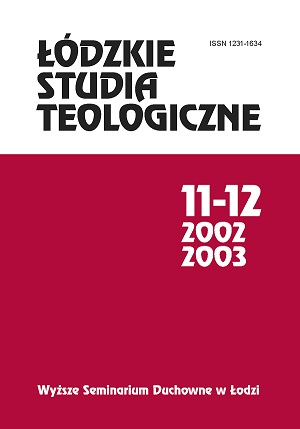
Profesor Gościmierz Geras (psycholog) w 1967 r. został aresztowany przez Służbę Bezpieczeństwa, a następnie skazany na 6,5 roku więzienia za poparcie swoim podpisem w Paryżu propozycji powołania międzynarodowej organizacji o nazwie Rada Jedności Europy Wschodniej oraz za posiadanie literatury emigracyjnej o treści historycznej i społeczno-politycznej (w 1991 r. został uniewinniony przez Sąd Najwyższy RP). Gdy był osadzony w więzieniu przeprowadzał nielegalnie badania nad percepcją przez więźniów kary pozbawienia wolności, nad reakcjami obronnymi więźniów i nad metodami psychoterapii procesów deprywacji sensorycznej.
More...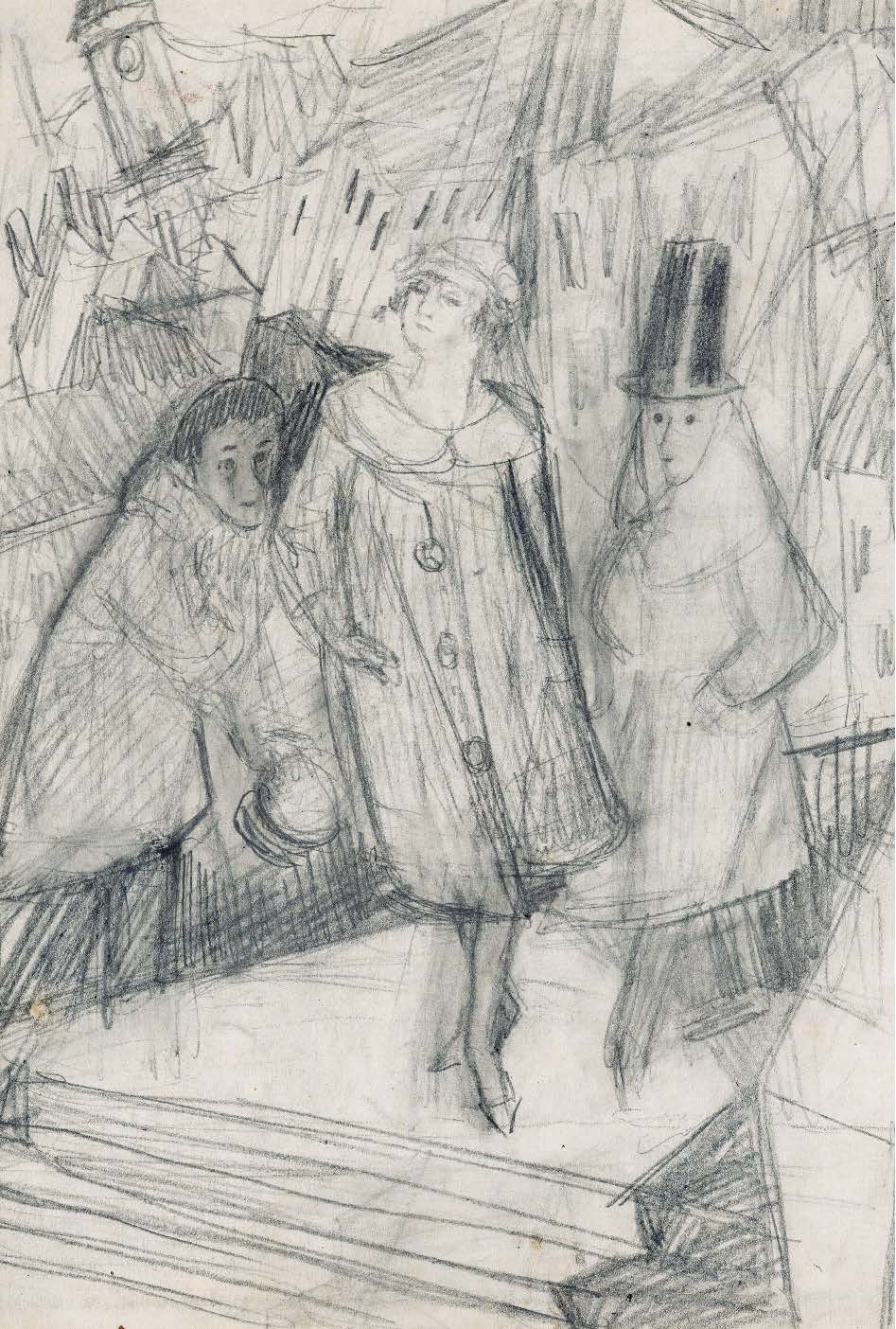

Polish translation of Georg Groddeck scientific essay "It and the Psychoanalysis" (1925).
More...
The aim of the present paper is to introduce the theory of a German physician and so-called “wild psychoanalyst” Georg Groddeck. During World War I, after contacting Sigmund Freud, Groddeck has started to develop his own psychoanalytic theory in his scientific as well as literary writings. In 1923 he published a novel entitled The Book of the It (Das Buch vom Es), in which he discussed and reinterpreted Freud’s theory. By introducing the category of the “It” (das Es), Groddeck aimed to elaborate on Freud’s concept of the unconscious, which he considered too restricted and reduced to what the Viennese psychoanalyst defined as the conscious and the preconscious. The author points out to the importance of the discussion between Freud and Groddeck, which began as early as in 1917 in their letters. The publication of The Book of the It coincide with Freud’s treatise The Ego and the Id (Das Ich und das Es) written the same year. The author analyzes the similarities as well as the differences between Freud’s and Groddeck’s concepts of the It (das Es). Groddeck’s theory is presented in the light of German philosophical and literary tradition. The paper addresses the problem of Groddeck modernist writing strategies, such as combining psychoanalysis with literature and with different life-writing genres which are seen as his way to create a new language in the scientific discourse of his time. The author emphasizes the importance of two main categories in Groddeck’s writings, which have animated his entire theory. One is imagination, deeply rooted in romanticism, the other is self-analysis related to the modernist understanding of autobiography. While imagination represents Groddeck’s general doubt in the objectivity of science, especially in a linear progress in medicine, self-analysis is linked to his conviction that every discourse – not only literary, but also philosophical or psychoanalytic, has an autobiographical, hence also intimate dimension.
More...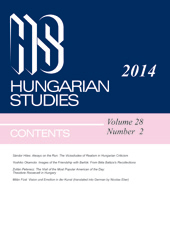
The 20th century witnessed an increasing interest in psychoanalysis and, in relation to it, sexual deviances. Vienna had an outstanding role in this interest because it was where Sigmund Freud worked, and where the psychoanalytic society formed by his disciples was also active. In his volume from 1905, entitled Drei Abhandlungen zur Sexualtheorie, he listed certain forms of child sexuality as sexual deviances. At the same time, the arts often represented the child body both in its innocence, but often also as a sexual object. I think that the publication of a novel which was perceived as belonging to the category of child pornography in Vienna in 1906 can also be seen as part of this process, although it has been discussed earlier independently from other cultural or scientific processes of the turn-of-the-century Vienna. My paper attempts to place this novel into the above detailed context.
More...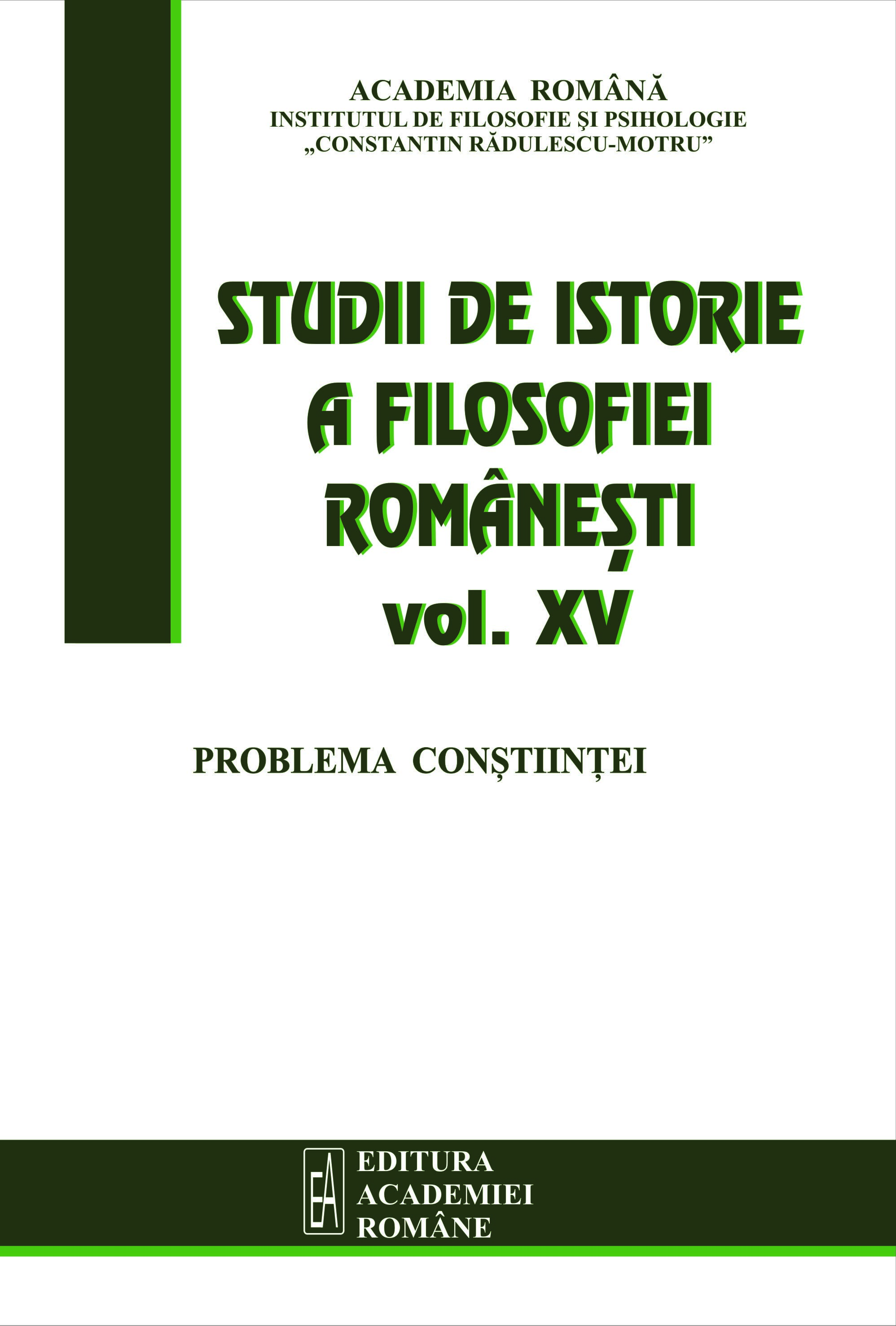
As a student in Wundt’s laboratory Rădulescu-Motru witnessed the birth of experimental psychology, linked to a paradigm shift in the understanding of psyche. The following paper examines his Elemente de metafizică (1912) in order to uncover and clarify the concept of consciousness he employed in his metaphysical thought.
More...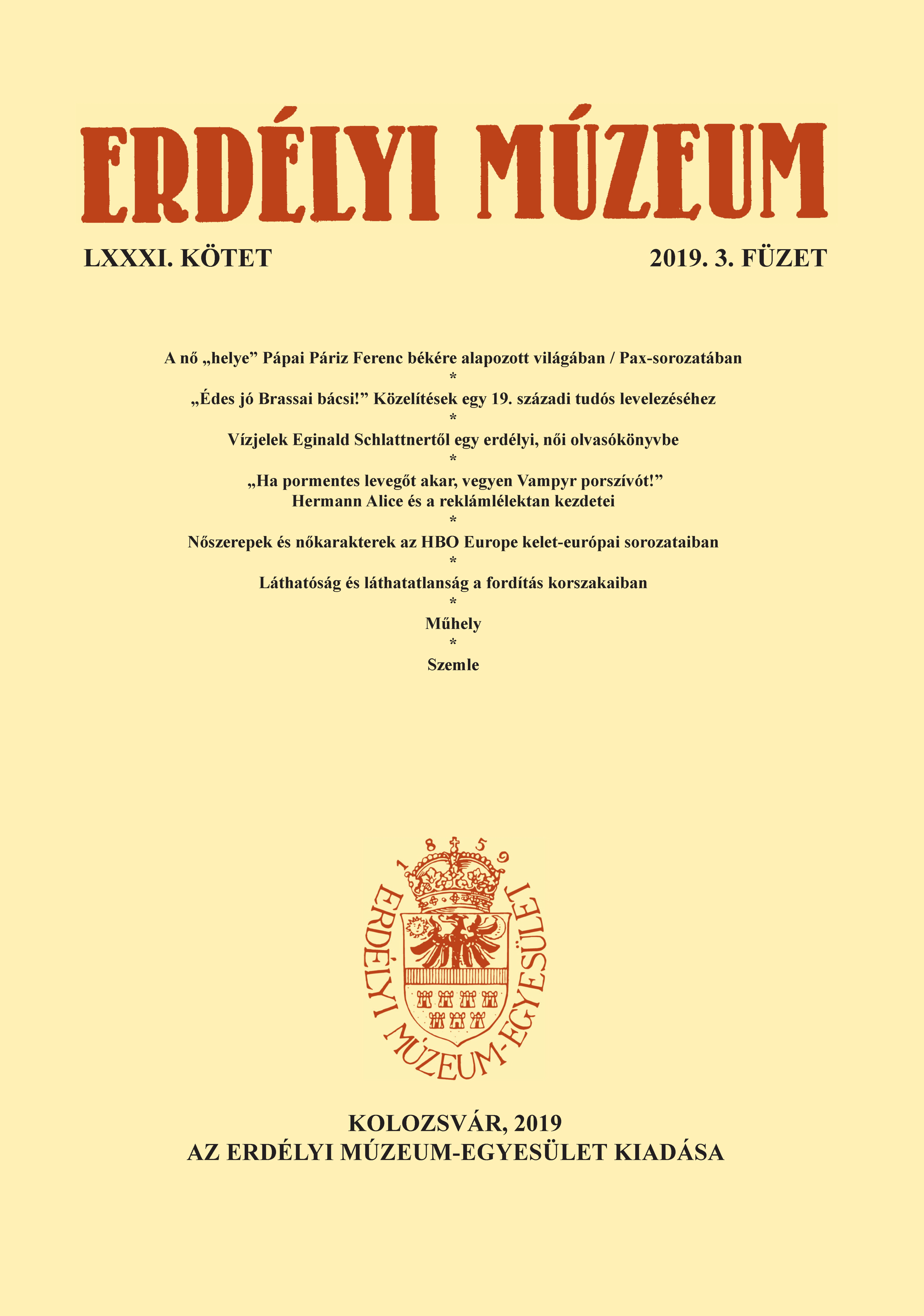
Alice Hermann was a versatile theoretical and practical psychologist: before the war she was a psychoanalyst of the Budapest School, who also dealt with experimental psychology and the psychology of giftedness, after the war she worked in the field of educational psychology and kindergarten pedagogy. It is a little known fact that Hermann Alice can be considered the first Hungarian psychologist of advertising. In 1927 she published a book on the psychology of advertisement, and in the thirties she published regularly in the monthly magazine Reklámélet (Advertising). The interdisciplinary nature of the field met with her diverse background and interests; she applied several psychological trends and methodologies in the analysis of advertisements. The study reveals this slice of Alice Hermann’s oeuvre, paying special attention to her writings on women and advertisement and her implied view of women and society.
More...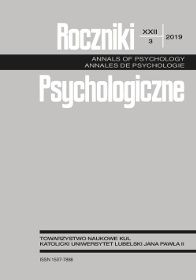
The article is an invitation to discuss the role and tasks of the psychologist in the modern school. It advances the thesis that the primary role of the psychologist is to co-create the school environment and the educational process. Being a co-creator is the essence of the presented model of the psychologist’s work in the school system. The model covers psychological activities defined as monitoring promotion prevention, and intervention. It identifies the need to continually expand the possibilities of psychological influences and to create an autonomous vision of their realization. Adopting and performing this role in the way described in the model seems to be crucial to building the professional identity of the educational psychologist—and a well-defined and clarified professional identity is the basic regulator of a person’s functioning in his/her professional role.
More...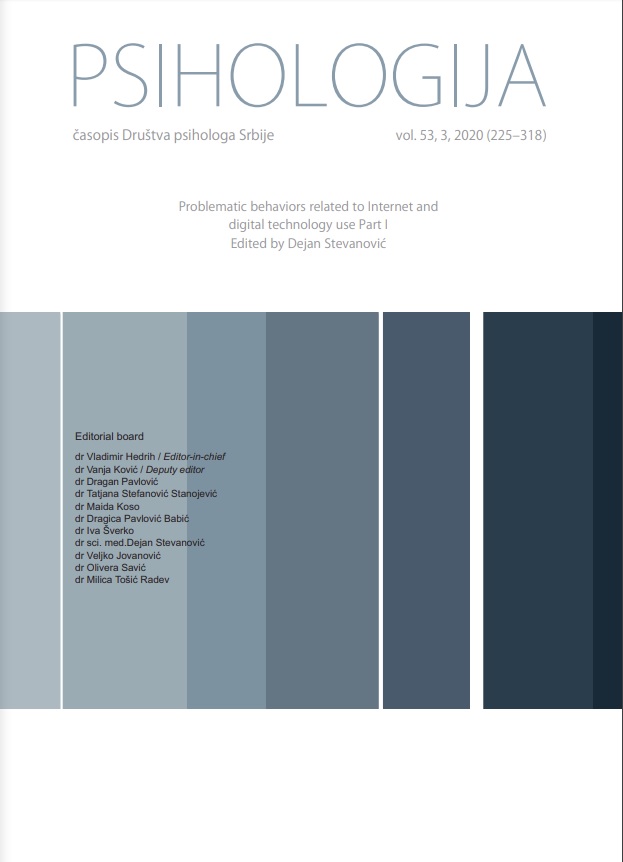
The Internet and its negative consequences to mental health is one of the fastest growing research fields over the past decade. This editorial gives an overview of available knowledge on problematic behaviors related to Internet use. The current psychiatric terminology recognizes disorders due to substance use or addictive behaviors, with gaming disorder as the only mental disorder related to Internet use. There may be relationships between different mental disorders characterized primarily by impulsive, compulsive, and addictive behaviors and problematic Internet use (PIU) and disordered gaming. Marked variability was found in the prevalence of PIU and gaming disorder globally, with a myriad of factors that may lead to and/or maintain these behaviors. Research studies showed that individuals with PIU and gaming disorder may have distinctive psychological profiles with specific cognitive changes. Functional and structural neural and neurochemical abnormalities in the brain may also be present. Finally, treatments of these conditions have already emerged. Eleven selected articles for this Special issue dealing with specific aspects of problematic behaviors related to Internet use were also discussed.
More...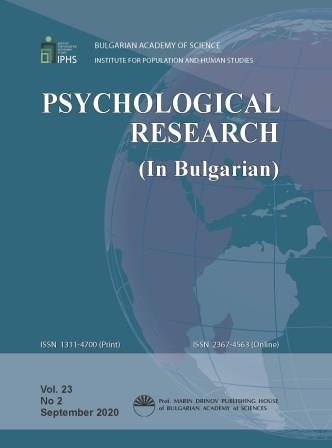
This article presents a research on the reception of Erich Fromm’s ideas in Bulgaria. The criticism of Fromm’s ideas is presented and an attempt is made to evaluate it according to its context – ideological, psychological and philosophical. The author aims at explaining the theoretical and substantive side of the criticism.
More...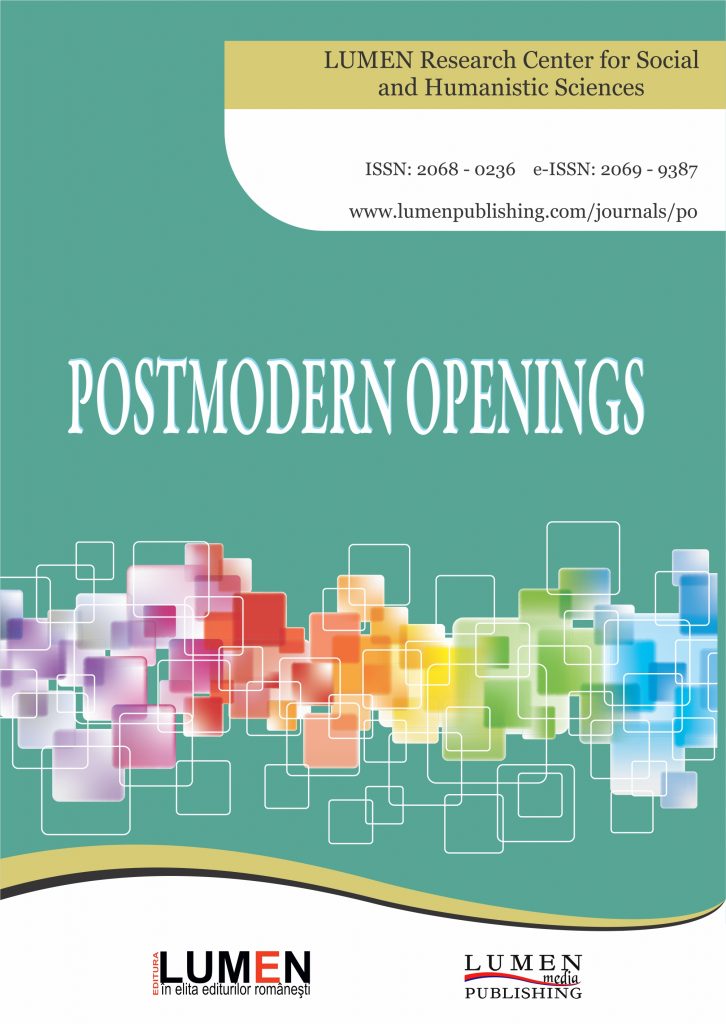
Modern culture as part of social life reflects the processes and changes occurring in the environment and in the minds of people. In an industrialized society, one can identify a certain tendency, which is the tendency of modern culture to remythologize. However, it is worth noting that at the same time, an opposite trend arises, which is aimed at its complete destruction. Both trends were formed due to a new type of rationality - postmodern rationality with its plurality and relativism. Today, researchers explain postmodernism as an era not only of the development of social reality, but of consciousness. Along with this, a completely new perception of reality as chaos appears, where new patterns of organization and operation of today's reality are created. Human consciousness has its own mechanisms for streamlining experience. Such a mechanism, which consists in the sphere of consciousness, is rationality. The term “rationality” itself is interpreted as the ability of thinking to create a special world of ideal objects and transform it into an object of activity, guided by the principle of the identity of thinking and being. Within the framework of scientific rationality, one can distinguish between classical, non-classical and post-non-classical rationality of postmodernism. In the public mind in the twentieth century. a new type of rationality has emerged - the postmodern rationality, formed due to cultural changes, such as a crisis in the field of science, art, a crisis of the spiritual life of society, social development along the path of globalization.
More...